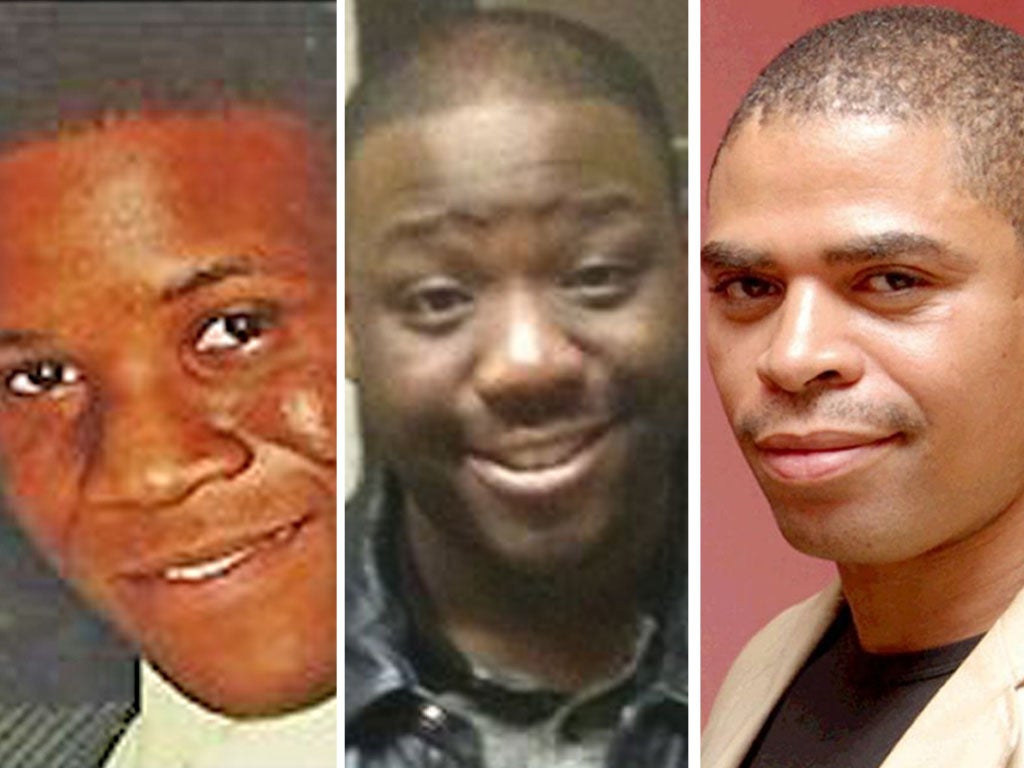Don't lock us out: campaigners attack review of deaths in custody
Call for greater input from victims' families and expert witnesses as police finally tackle issue

Campaigners have expressed doubts about the validity of an independent commission to be announced today by Britain's most senior police officer, into how Scotland Yard deals with people with mental health conditions.
Bernard Hogan-Howe, the Metropolitan Police Commissioner, will unveil a review of cases over the past five years where an individual with a mental illness has died or suffered serious injury following contact with Met officers.
The commission, to be chaired by the social and mental care expert Lord Victor Adebowale, follows the finding last month by an inquest jury that officers used "unsuitable" restraint on Sean Rigg, a 40-year-old schizophrenic who died in 2008 from a cardiac arrest while in custody.
In a devastating ruling, jurors found that the Met and an NHS mental health trust made a catalogue of errors which "more than minimally" contributed to Mr Rigg's death.
But experts last night attacked the basis on which the review has been established, saying it has the potential to become a "whitewash".
A letter sent to mental health patients and the families of those whose loved ones died in custody, inviting their participation, states that the commission "will not review or examine findings made by any of the coroners". The Met last night insisted this was clumsy wording and that they would look at inquest findings but would not have the power to overturn verdicts.
However, campaigners warned it was a bad start and said the Met's failure to involve the families of those who died in deciding the terms of reference suggested it would be a cosmetic exercise.
Deborah Coles, a co-director of the campaign group Inquest, said: "The families very much want and welcome an effort to address these tragedies and above all ensure they don't happen again. What they don't want is a cosmetic exercise. They want a thorough examination of the issues and the approach so far gives rise to concern."
Campaigners also questioned whether the 11-strong expert panel had sufficient depth of knowledge on deaths in custody.
Despite previous reviews and studies, in particular following the death in 1999 of Roger Sylvester, black men remain disproportionately represented in figures for preventable deaths in police custody.
Matilda MacAttram, the founder of Black Mental Health UK, said: "We are very concerned at the ability of this review to identify and enforce the necessary changes. The fact that key agencies with expertise, including ourselves, have not been approached leaves the impression that this is a cosmetic exercise. At worst, it will be a whitewash."
Among the cases the review will need to look at are Olaseni Lewis, a 23-year-old business studies student who died in 2010 after collapsing while he was being restrained by seven police officers at a south London hospital.
Subscribe to Independent Premium to bookmark this article
Want to bookmark your favourite articles and stories to read or reference later? Start your Independent Premium subscription today.

Join our commenting forum
Join thought-provoking conversations, follow other Independent readers and see their replies